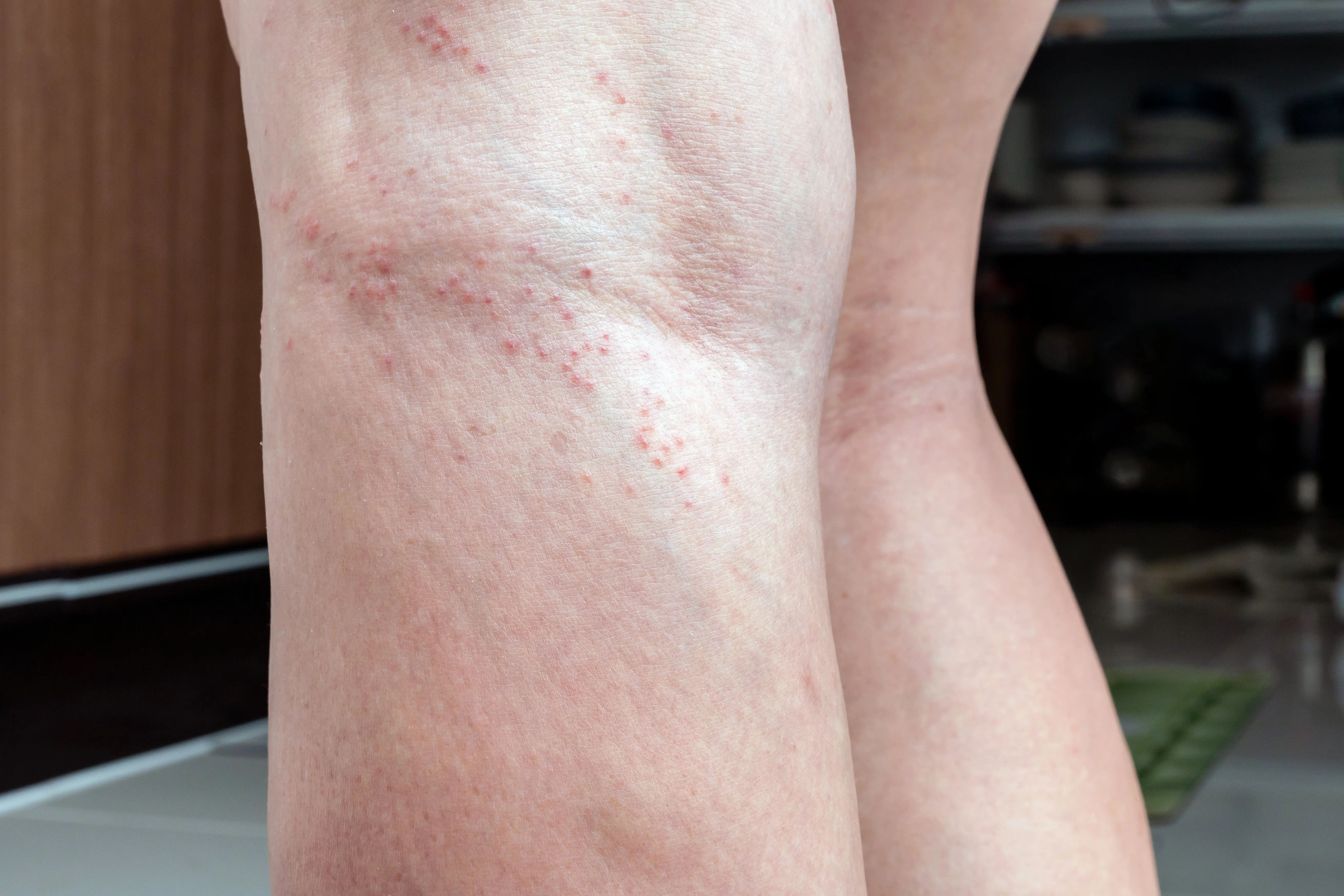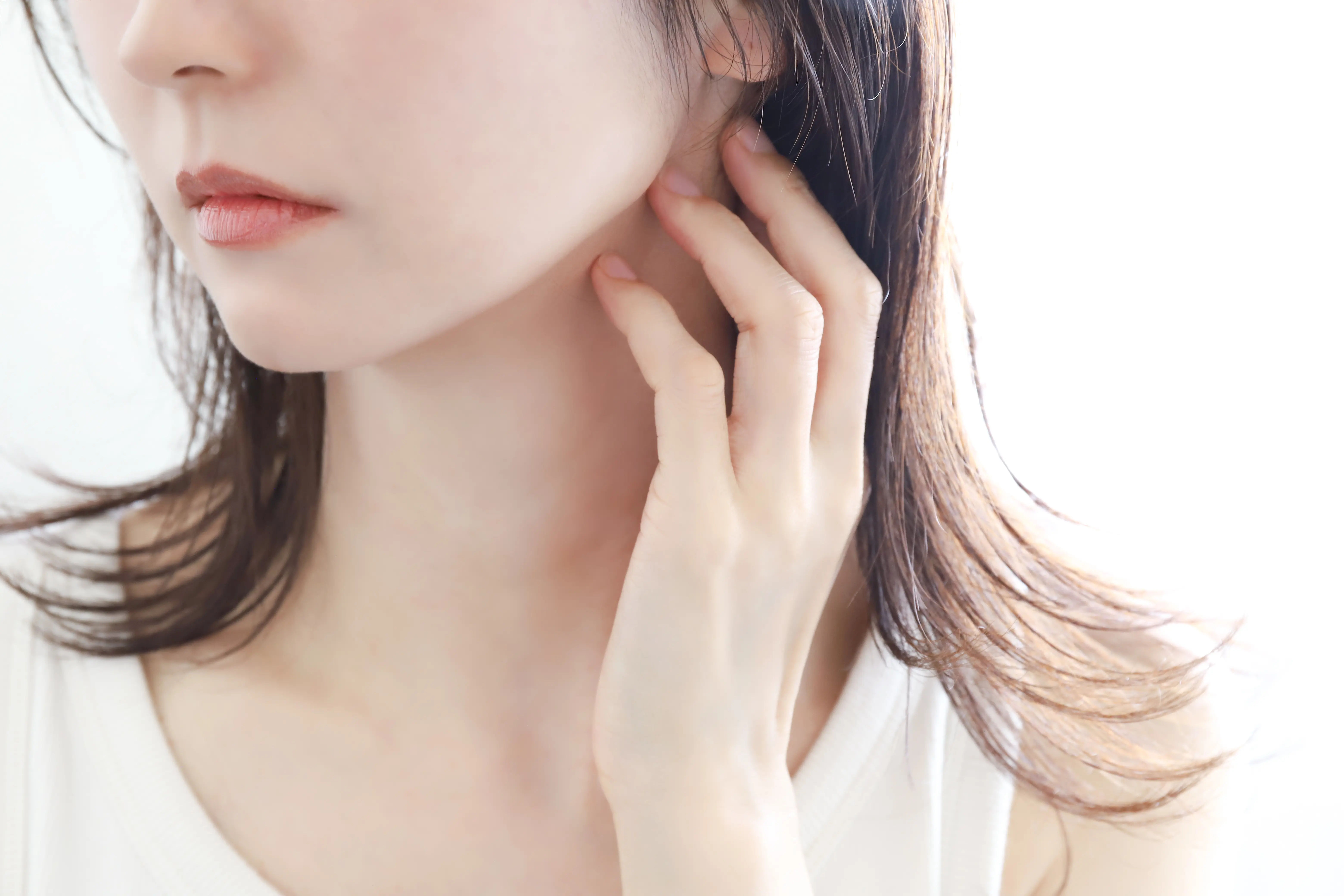Seasonal Allergies: Overview of Symptoms and Treatment
Explore seasonal allergies, their common symptoms, and effective treatment options. Learn how to identify triggers and manage allergic reactions to enjoy a healthier, more comfortable season.

Written by Dr. Dhankecha Mayank Dineshbhai
Reviewed by Dr. Shaik Abdul Kalam MD (Physician)
Last updated on 25th Aug, 2025

Seasonal allergies, also known as hay fever or allergic rhinitis, affect millions of people every year. If you find yourself sneezing, sniffling, or rubbing itchy eyes during certain times of the year, you might be dealing with seasonal allergies. The good news is that with the right knowledge and care, you can manage these symptoms effectively.
This article will help you understand what seasonal allergies are, common symptoms, causes and triggers, how they affect your health, tips for managing allergies and when to seek medical help.
What Are Seasonal Allergies?
Seasonal allergies occur when your immune system overreacts to harmless substances in the environment, such as pollen from trees, grasses, or weeds. Your body mistakes these particles for harmful invaders and releases chemicals like histamine, leading to allergy symptoms.
Unlike perennial allergies (which happen year-round due to dust mites, pet dander, or mold), seasonal allergies flare up during specific times of the year, usually:
- Spring (tree pollen)
- Summer (grass pollen)
- Fall (weed pollen, especially ragweed)
Consult a Top Immunologist
Common Symptoms of Seasonal Allergies
If you have seasonal allergies, you may experience:
- Sneezing (frequent and uncontrollable)
- Runny or stuffy nose (nasal congestion)
- Itchy, watery eyes (allergic conjunctivitis)
- Scratchy throat or postnasal drip
- Coughing (due to irritation)
- Fatigue (from poor sleep due to congestion)
Some people may also experience:
- Mild headaches
- Reduced sense of smell or taste
- Dark circles under the eyes ("allergic shiners")
- Unlike a cold, seasonal allergies do not cause fever and can last for weeks or months if untreated.
What Causes Seasonal Allergies?
The main trigger is pollen, tiny grains released by plants for fertilization. When inhaled, pollen can cause an allergic reaction in sensitive individuals. Other common triggers include:
- Mold spores (common in damp or humid weather)
- Dust and pollution (can worsen symptoms)
- Risk factors that increase your chances of developing seasonal allergies:
- Family history of allergies
- Having asthma or eczema
- Living in areas with high pollen counts
- How Seasonal Allergies Affect Your Health
While seasonal allergies are not life-threatening, they can significantly impact your quality of life by:
- Disrupting sleep (due to congestion)
- Reducing productivity (fatigue and discomfort)
- Triggering asthma flare-ups (wheezing and breathing difficulties)
- Leading to sinus infections (if nasal passages stay blocked for long)
- If left untreated, chronic allergies can also contribute to ear infections and worsen existing respiratory conditions.
Tips for Managing Seasonal Allergies
Below are the tips for managing seasonal allergies,
1. Reduce Exposure to Pollen
- Check pollen forecasts (avoid outdoor activities when counts are high).
- Keep windows closed (use air conditioning with a clean filter).
- Shower after being outside (to wash off pollen from skin and hair).
- Wear sunglasses and a mask when gardening or walking outside.
2. Keep Indoor Air Clean
- Use HEPA air purifiers to trap allergens.
- Vacuum regularly (preferably with a HEPA filter vacuum).
- Wash bedding weekly in hot water to remove pollen.
3. Try Over-the-Counter (OTC) Medications
- Antihistamines (e.g., cetirizine, loratadine) – reduce sneezing and itching.
- Nasal corticosteroid sprays (e.g., fluticasone) – relieve inflammation.
- Decongestants (e.g., pseudoephedrine) – help with nasal stuffiness (use short-term).
- Saline nasal rinses – flush out allergens and soothe irritation.
4. Natural Remedies
- Honey (local raw honey) – may help build tolerance to pollen (limited evidence).
- Steam inhalation – eases congestion.
- Quercetin-rich foods (onions, apples, green tea) – natural antihistamine properties.
5. Consider Allergy Shots (Immunotherapy)
If OTC medications aren’t enough, an allergist may recommend allergy shots (immunotherapy), which gradually desensitize your immune system to allergens.
When to See a Doctor
Consult a healthcare provider if:
- Symptoms are severe and interfere with daily life.
- OTC medications don’t provide relief.
- You experience wheezing, shortness of breath, or asthma flare-ups.
- Allergy symptoms last longer than two weeks.
At Apollo 24|7, you can easily book a consultation with an allergist or get allergy testing done to identify your specific triggers. Early diagnosis and treatment can help you manage symptoms better.
Final Thoughts
Seasonal allergies can be frustrating, but with the right precautions and treatments, you can minimize discomfort and enjoy the changing seasons. Pay attention to your body, take preventive steps, and don’t hesitate to seek medical advice if needed.
Consult a Top Immunologist
Consult a Top Immunologist

Dr. Rohit Vohra
Paediatric Pulmonologist
10 Years • MBBS, MD PEDIATRICS, FELLOWSHIP IN PEDIATRIC INTENSIVE CARE,FELLOWSHIP IN PULMONOLOGY
Delhi
Apollo Hospitals Indraprastha, Delhi
(50+ Patients)

Dr Yaja Jebaying
Paediatric Gastroenterologist
9 Years • MBBS, MD PEDIATRICS, FELLOWSHIP PEDIATRIC GASTROENTEROLOGY AND HEPATOLOGY AND LIVER TRANSPLANTATION
Delhi
Apollo Hospitals Indraprastha, Delhi
(25+ Patients)

Dr. Anshu Sethi
Paediatrician
33 Years • MBBS, MD, DM (Paediatrics & Neonatology)
Pune
Apollo Clinic, Viman Nagar, Pune
(75+ Patients)

Dr Debanjali Sinha
Rheumatologist
15 Years • DM(Rhematology and Clinical Immunology)(IPGME&R and SSKM),MRCP(Royal College UK),MD,MBBS
Kolkata
Apollo Multispeciality Hospitals , Kolkata, Kolkata

Dr. Tanmaya Kumar Sahu
General Physician/ Internal Medicine Specialist
12 Years • MBBS, MD ( Internal Medicine )
Bhubaneswar
Apollo Hospitals Old Sainik School Road, Bhubaneswar
Consult a Top Immunologist

Dr. Rohit Vohra
Paediatric Pulmonologist
10 Years • MBBS, MD PEDIATRICS, FELLOWSHIP IN PEDIATRIC INTENSIVE CARE,FELLOWSHIP IN PULMONOLOGY
Delhi
Apollo Hospitals Indraprastha, Delhi
(50+ Patients)

Dr Yaja Jebaying
Paediatric Gastroenterologist
9 Years • MBBS, MD PEDIATRICS, FELLOWSHIP PEDIATRIC GASTROENTEROLOGY AND HEPATOLOGY AND LIVER TRANSPLANTATION
Delhi
Apollo Hospitals Indraprastha, Delhi
(25+ Patients)

Dr. Anshu Sethi
Paediatrician
33 Years • MBBS, MD, DM (Paediatrics & Neonatology)
Pune
Apollo Clinic, Viman Nagar, Pune
(75+ Patients)

Dr Debanjali Sinha
Rheumatologist
15 Years • DM(Rhematology and Clinical Immunology)(IPGME&R and SSKM),MRCP(Royal College UK),MD,MBBS
Kolkata
Apollo Multispeciality Hospitals , Kolkata, Kolkata

Dr. Tanmaya Kumar Sahu
General Physician/ Internal Medicine Specialist
12 Years • MBBS, MD ( Internal Medicine )
Bhubaneswar
Apollo Hospitals Old Sainik School Road, Bhubaneswar



.webp)
